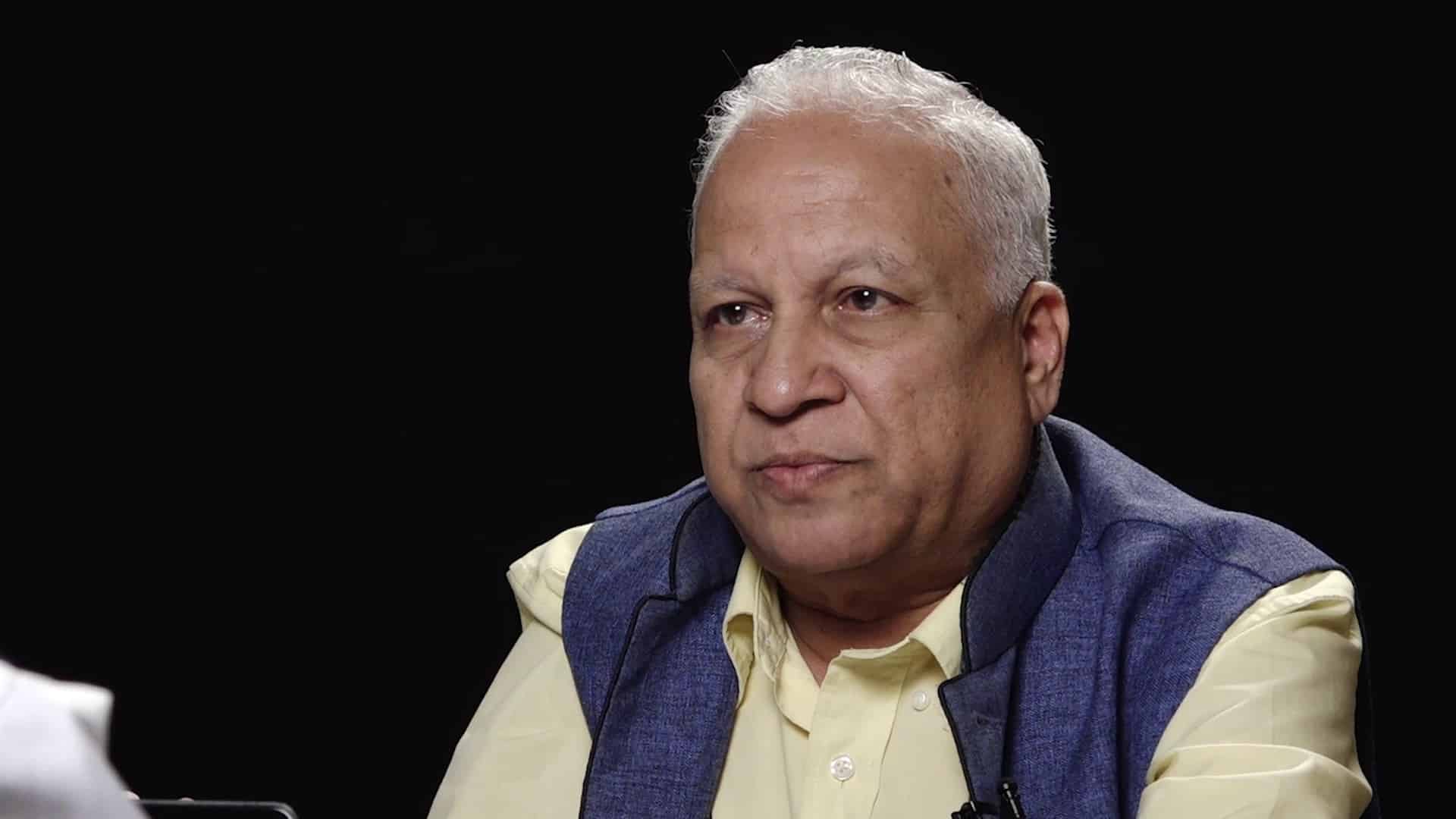Banking
Prosperity could not have come to middle class without nationalised banks: Congress MP Kumar Ketkar
All India Bank Employees’ Association invited Shri Kumar Ketkar Member of Parliament Congress, to address the attendees at the AIBEA’s ongoing National Seminar series on the theme People’s Money for People’s Welfare. The speaker highlighted the ease with which the current government is looking at denationalizing banks as if it is just an act.
“They definitely bulldozed abrogation and abolition of article 370, they bulldozed agriculture sector against the interest of the farmers and they are yet not able to implement the agricultural laws, and they haven’t been able to implement the abolition of article 370. Finally, they were forced to discuss with the party in Jammu & Kashmir on how to go ahead despite the completely abrogated article 370,” said Shri Kumar Ketkar Member of Parliament Congress.
Shri Ketkar reiterated the significance of social movements and their role against non-beneficial policies by the government. Highlighting the current scenario he said, “ middle class is helping PM Modi after getting benefits from left-wing.”
Recalling the times of Nehru and Indira Gandhi he exclaimed, “ Technical education during Nehru Ji, and space research during Indira Gandhi, all this prosperity could not have come to the middle class without nationalised banks.”
The speaker drew attention to the scenario wherein the New Rich NRI is not only the funder of the Hindutva movement but also the promoter of Hindutva Movement. He pinpointed Modi for creating a new set of support systems for these NRIs in the abroad countries.
“The epicentre of the progress of India has been bank nationalisation. If this government succeed in the privatisation of the banks then it will be an attack on the movement which Nehru ji and Indra Gandhi initiated,” added Shri Ketkar.
He expressed concern over the future of bank employees post the anticipated privatization of the banks. He further called bank nationalisation an ‘attack on the sovereign economy policy of the country’. The speaker concluded by urging AIBEA to bring not only the bank employees but all the trade unions like insurance under one umbrella to fight against the privatisation.
Also Read: Foreign direct investments rise to $12.1 bln in May: Goyal
All India Bank Employees Association, the oldest and largest national Trade Union centre of bank employees in India, was founded in 1946. Through the efforts made by AIBEA, bank unions were recognised by the managements and in each bank, many policy issues on recruitment, transfers, and promotions were regulated by mutual agreements. At the industry-level, AIBEA has successfully negotiated 11 Bipartite Settlement from 1966 to 2020. Along with the struggle for improvements in wages and service conditions, AIBEA also campaigned for nationalisation of Banks. After years of continuous efforts and struggle, AIBEA achieved its objective when major 14 banks were nationalised in July, 1969. Subsequently, in 1980, another set of 6 Banks were nationalised. AIBEA has always been governed by its twin policies – concern for the progress of the banking industry and concern for the betterment of the interests of banking staff. Even today AIBEA is guided by these principles.









































Pingback: 'Instead of privatisation, state-run insurers should be merged under 1 entity'